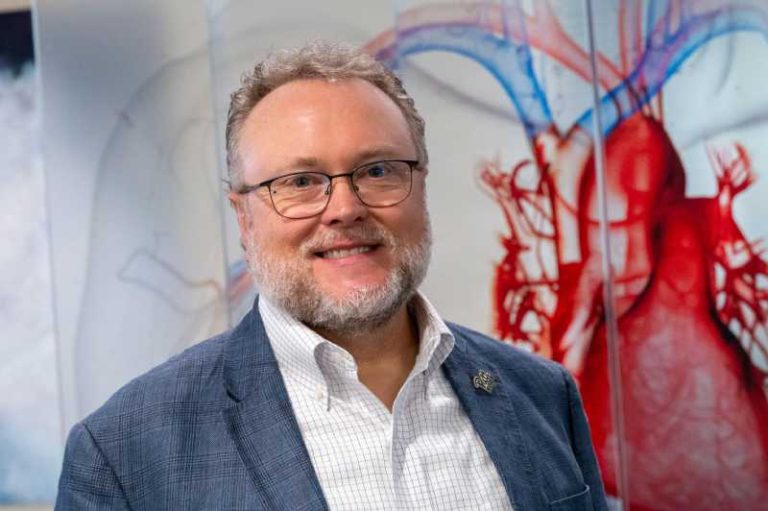
David Vorp
Affiliate Members
Dr. David Vorp is the Senior Associate Dean for Research and Facilities, Swanson School of Engineering, University of Pittsburgh. The research in Dr. Vorp’s lab focuses on the biomechanics, “mechanopathobiology,” regenerative medicine, and tissue engineering of tubular tissues and organs, predominantly the vasculature, with an additional newfound research thrust in the area of endometriosis.
His lab studies the intrinsic material morphology and biomechanical progression of aortic aneurysms via experimental testing and computational modeling of the mechanical forces that act on the degenerating vessel wall. Combining these data sources with clinical information, he is also applying artificial intelligence to predict future aneurysm progression. From a regenerative medicine standpoint, his lab is also pursuing cell-free periadventitial intervention strategies for abdominal aortic aneurysms in funded (AHA) partnership with collaborators at Carnegie Mellon University (CMU) and Vanderbilt University. A parallel project (NIH) aims to treat chronic wounds with a similar strategy.
His lab also is aiming to translate a small diameter tissue-engineered vascular graft utilizing mesenchymal stem cell (MSC)-derived EVs incorporated in a polymeric silk scaSold, building on previous work with MSCs and elastomeric scaSolds. Current funded (NIH) projects in partnership with collaborators at CMU and RoosterBio, Inc. revolve around scalability towards commercialization, cargo retention, and endothelialization. He has several patents in the field of vascular bioengineering and is a co-founder of the start-up Neograft Technologies, Inc., a company that applies technology developed in Dr. Vorp’s laboratory relating to biodegradable support for arterial vein grafts.
Lastly, his lab is studying the prevalent gynecological disease, endometriosis. From an experimental direction, his lab is designing microfluidic models for endometriosis disease progress and collecting a biobank of tissue from endometriosis patients. He is also applying artificial intelligence to predict future aneurysm progression and to non-invasively identify patients with endometriosis.
